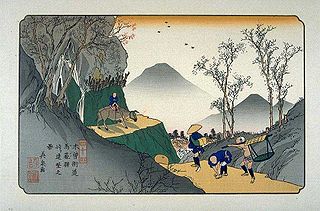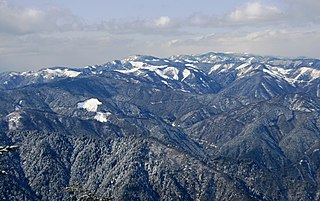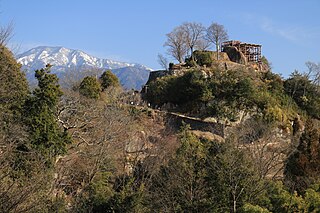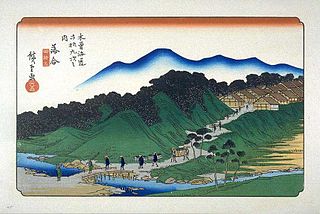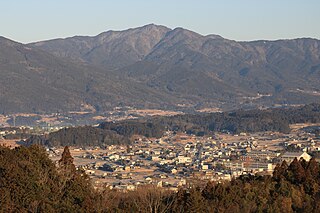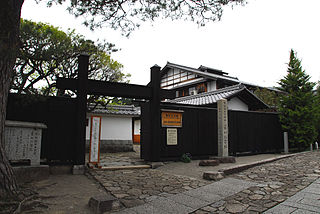6 Sights in Nakatsugawa, Japan (with Map and Images)
Legend
Welcome to your journey through the most beautiful sights in Nakatsugawa, Japan! Whether you want to discover the city's historical treasures or experience its modern highlights, you'll find everything your heart desires here. Be inspired by our selection and plan your unforgettable adventure in Nakatsugawa. Dive into the diversity of this fascinating city and discover everything it has to offer.
1. 馬籠宿
Magome-juku was the forty-third of the sixty-nine stations of the Nakasendō connecting Edo with Kyoto in Edo period Japan. It is located in former Mino Province in what is now part of the city of Nakatsugawa, Gifu Prefecture, Japan. It was also the last of eleven stations along the Kisoji, which was the precursor to a part of the Nakasendō, running through the Kiso Valley.
2. Mt. Oku-Sangai
Okusankaidake is a 1,811 m high mountain in the Adera Mountains that straddles Nakatsugawa City, Gifu Prefecture, Nangiso Town, Kiso District, Nagano Prefecture, and Okuwa Village. Locally, it has long been called Mt. Okusankai. It has been selected as one of the "300 Famous Mountains of Japan" and "Gifu 100 Mountains". The mountain area is designated as "Uragiso Prefectural Natural Park" in Gifu Prefecture.
3. 苗木城
Naegi Castle was a Japanese castle that formed the administrative center of Naegi Domain, a feudal domain of the Tōyama clan, located in what is now part of the city of Nakatsugawa in Gifu Prefecture, Japan. It also referred to as the Misty Castle , Naegi Castle was also known as "Akakabe Castle", as its walls were not white like many Japanese castles, but made with a reddish colored clay. The ruins have been protected as a National Historic Site since 1981.
4. 落合宿
Ochiai-juku was the forty-fourth of the sixty-nine stations of the Nakasendō connecting Edo with Kyoto in Edo period Japan. It is located in former Mino Province in what is now part of the city of Nakatsugawa, Gifu Prefecture, Japan.
5. Mount Futatsumori
Mt. Futamori is a mountain with an altitude of 1,223.5 m that straddles Nakatsugawa City, Gifu Prefecture and Shirakawa Town, Kamo District. The main peak of the Nitsumori Mountains in the Mino Mikawa Plateau.
6. 藤村記念館
Tōson Memorial Museum is a museum in Magome-juku, Nakatsugawa, Gifu Prefecture, Japan dedicated to the life and works of Shimazaki Tōson. The writer was born in the former Honjin in 1872, but his birthplace and childhood home was mostly destroyed in the conflagration of 1895. Rebuilt to designs by Taniguchi Yoshirō in 1947, the museum opened in 1952. The core of the collection comprises some 5,000 items donated by Shimazaki Tōson's eldest son.
Share
Disclaimer Please be aware of your surroundings and do not enter private property. We are not liable for any damages that occur during the tours.
